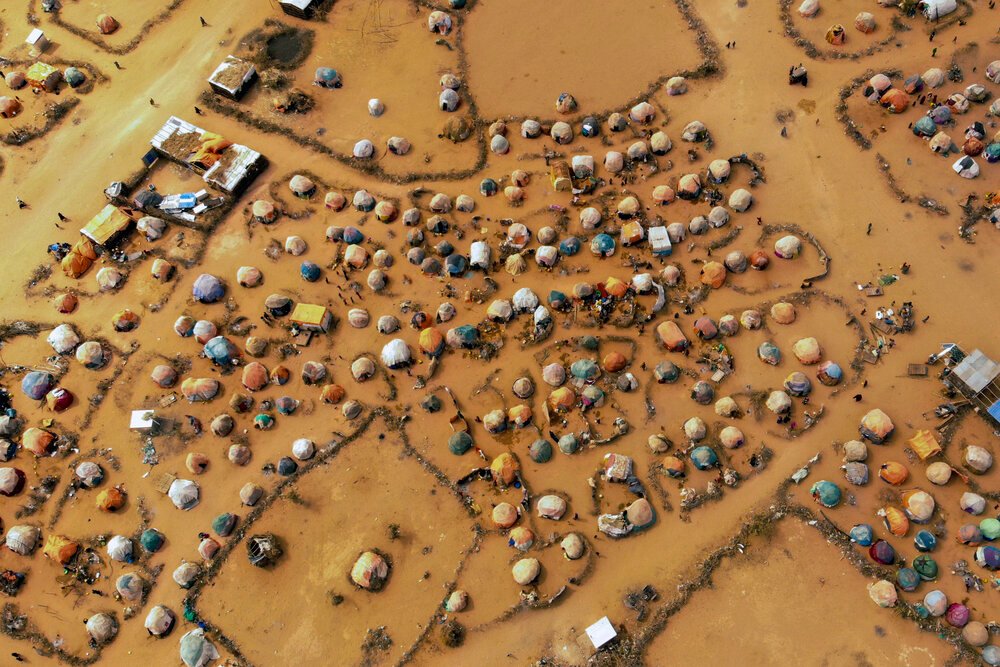LONDON: The UN Food and Agricultural Organization has warned that African countries face food shortages as a result of converging global crises, undoing years of work to eradicate hunger.The FAO said the financial crisis and grain shortages prompted by the Russia-Ukraine war, climate change and internal conflict are all playing a role in creating serious food instability for millions of people.Forty-four percent of Africa’s wheat was imported from Ukraine and Russia before the war broke out in February.The worst-affected region is the Horn of Africa, which has suffered from five consecutive years of failed rainy seasons.Somalia, already long ravaged by war, is the worst affected, along with neighboring Ethiopia and Kenya.Last week, UN Undersecretary-General for Humanitarian Affairs and Emergency Relief Martin Griffiths said: “I have no doubt that we are seeing famine on our watch in Somalia, and it is the first of, I fear, more to be announced in the Horn of Africa.”Somalia, Ethiopia and Kenya currently have a total of 36.1 million people suffering from the effects of drought, according to Action Against Hunger, and are facing “an explosion of needs.”The UN believes as many as 310 million people across the continent are likely to suffer from hunger by the end of the decade — up from 278 million, or nearly 20 percent of Africa’s total, last year.FAO Assistant Director General Abebe Haile-Gabriel told a conference in the Ethiopian capital Addis Ababa on Monday that the situation is critical, prompted by “multiple and overlapping shocks and protracted crises in Africa,” including Ukraine and the COVID-19 pandemic.”Africa is moving backwards in its efforts to end hunger, food insecurity and malnutrition,” he said. “This is not sustainable. Unless we change course and learn how to do things differently and better, the situation will not go away or get any better.”African Union Commissioner for Agriculture Josefa Sacko said the continent would have to develop self-sufficiency in food production in future, and donations would be necessary to achieve this. “We must build a sustainable, resilient food system that can withstand future shocks,” he added.Francesco Rocca, president of the International Red Cross and Red Crescent Societies, warned the conference that “millions” could die in the Horn of Africa and the Sahel unless more money is made available to stave off starvation.




